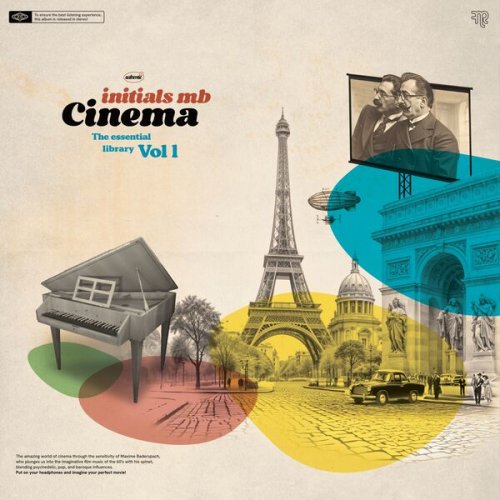Matt Haimovitz - Vinyl Cello (2007)
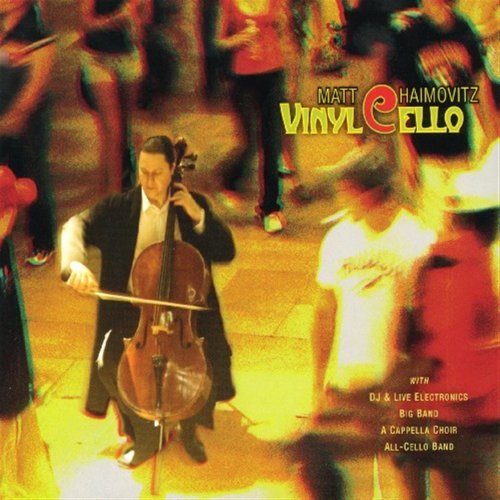
Artist: Matt Haimovitz
Title: Vinyl Cello
Year Of Release: 2007
Label: Oxingale Records
Genre: Classical Crossover, Jazz
Quality: FLAC (tracks)
Total Time: 01:16:44
Total Size: 426 mb
WebSite: Album Preview
Tracklist: Title: Vinyl Cello
Year Of Release: 2007
Label: Oxingale Records
Genre: Classical Crossover, Jazz
Quality: FLAC (tracks)
Total Time: 01:16:44
Total Size: 426 mb
WebSite: Album Preview
01. Machine Gun (1970)
02. Vinylcello (2007) - I.-iv.
03. Vinylcello (2007) - V.
04. Vinylcello (2007) - Vi.-ix.
05. Après Moi, Le Déluge
06. Après Moi, Le Déluge
07. Après Moi, Le Déluge
08. Après Moi, Le Déluge
09. Scherzo Grosso - I.
10. Scherzo Grosso - Ii.
11. Scherzo Grosso - Iii.
12. Scherzo Grosso - Iv.
Vinyl Cello is the first of what will presumably be a series of recordings from Matt Haimovitz's commissioning project, Buck the Concerto, in which the cello is accompanied by ensembles other than a conventional orchestra. The groups included in this first round include a cello ensemble, live computer electronics, a chorus of mixed voices, and a big band. The album begins with Haimovitz's own arrangement of Jimi Hendrix's Machine Gun, with the performer's all-cello band Ucello and a small rock ensemble. It's a chaotic, exhilarating ride, in which the cello is used nearly as much percussively as melodically; it quickly establishes the idea that Haimovitz's project will indeed have little to do with the traditional concept of a concerto. Tod Machover's Vinyl Cello, accompanied by DJ Olive and live electronics, is further proof of Haimovitz's eagerness to break conventional molds and reach out to audiences that might not otherwise have an interest in contemporary classical music. It has a throbbing and irrepressible vitality and a highly processed sheen that would make it familiar and appealing to fans of techno, as well as fans of pulse-quickening virtuosity. Luna Pearl Woolf's Après Moi, le Déluge is scored for cello and mixed voices, a terrific combination. Written in the wake of the Katrina disaster, the music is especially effective and moving in its third and fourth movements, when its focus is on the grief and then the resilience of the disaster's victims. A big band provides the accompaniment for David Sanford's Scherzo Grosso, although it only sporadically has a traditional big band sound; it's thoroughly eclectic and moves elastically between free jazz, lyricism, and modernist gestures. Haimovitz's playing throughout is dazzling in its flexibility and security in the extreme demands these pieces put on the soloist. Oxingale's sound is bright and full, able to accommodate the wide diversity of these ensembles.
![Matt Choboter - And Then There Were The Sounds Of Birds (2026) [Hi-Res] Matt Choboter - And Then There Were The Sounds Of Birds (2026) [Hi-Res]](https://www.dibpic.com/uploads/posts/2026-02/1771562657_qb70awhgfhge8_600.jpg)
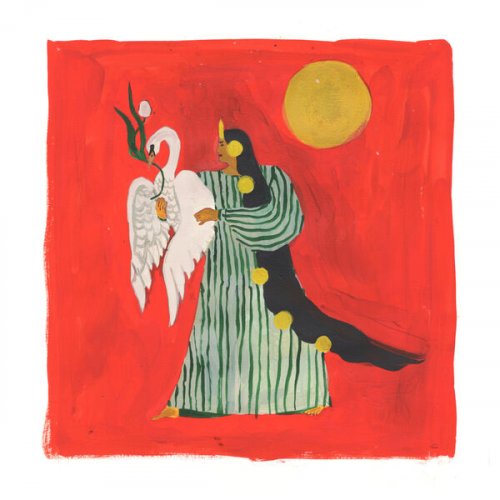
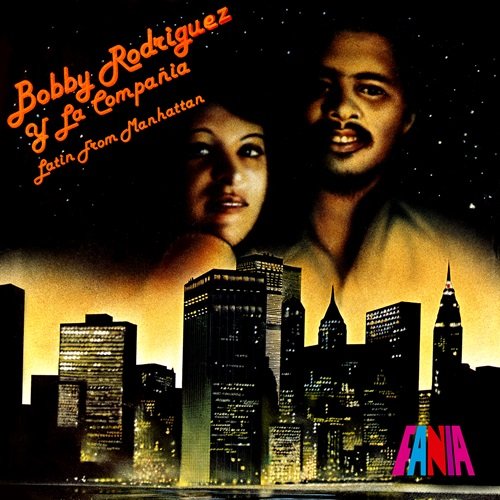
![Gonzalo Mazzutti - Lo que nos une (2026) [Hi-Res] Gonzalo Mazzutti - Lo que nos une (2026) [Hi-Res]](https://www.dibpic.com/uploads/posts/2026-02/1771563491_cover.jpg)
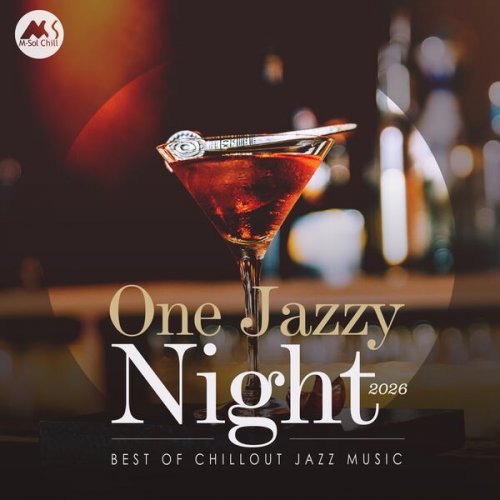
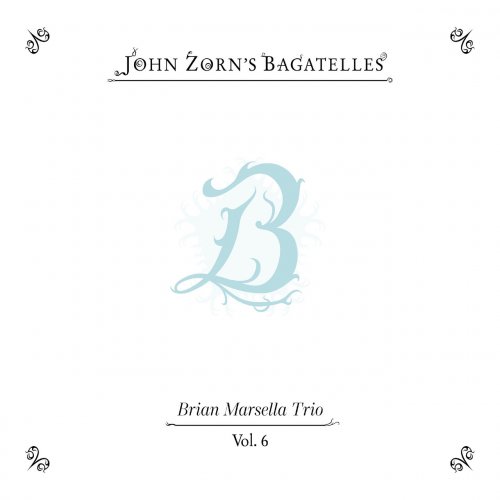
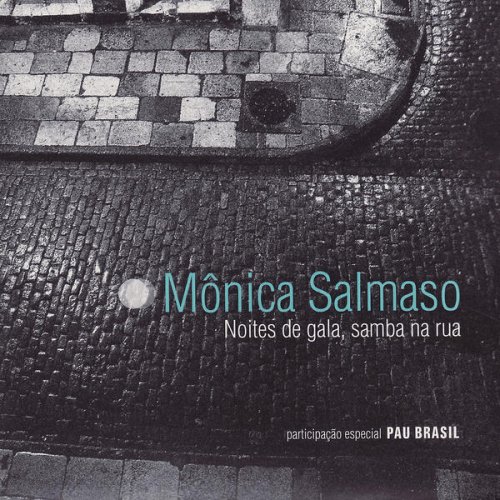
![Various Artists - Music For A Revolution Vol 2 : Guinea's Syliphone Recording Label (1968-1980) (2026) [Hi-Res] Various Artists - Music For A Revolution Vol 2 : Guinea's Syliphone Recording Label (1968-1980) (2026) [Hi-Res]](https://img.israbox.com/img/2026-02/21/jfwfvpseyfdkg8oktjmsf4l3o.jpg)
